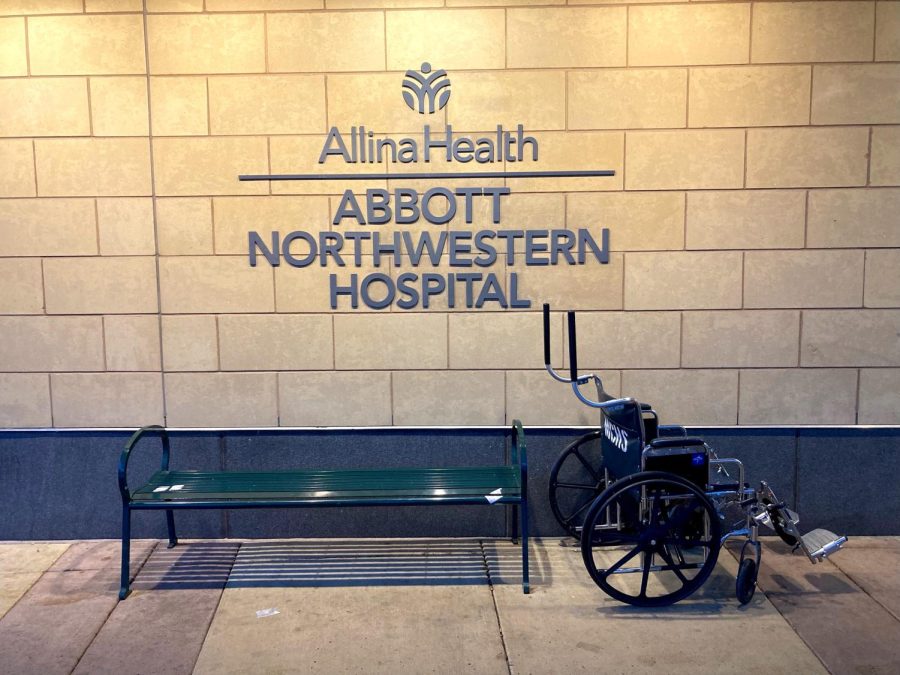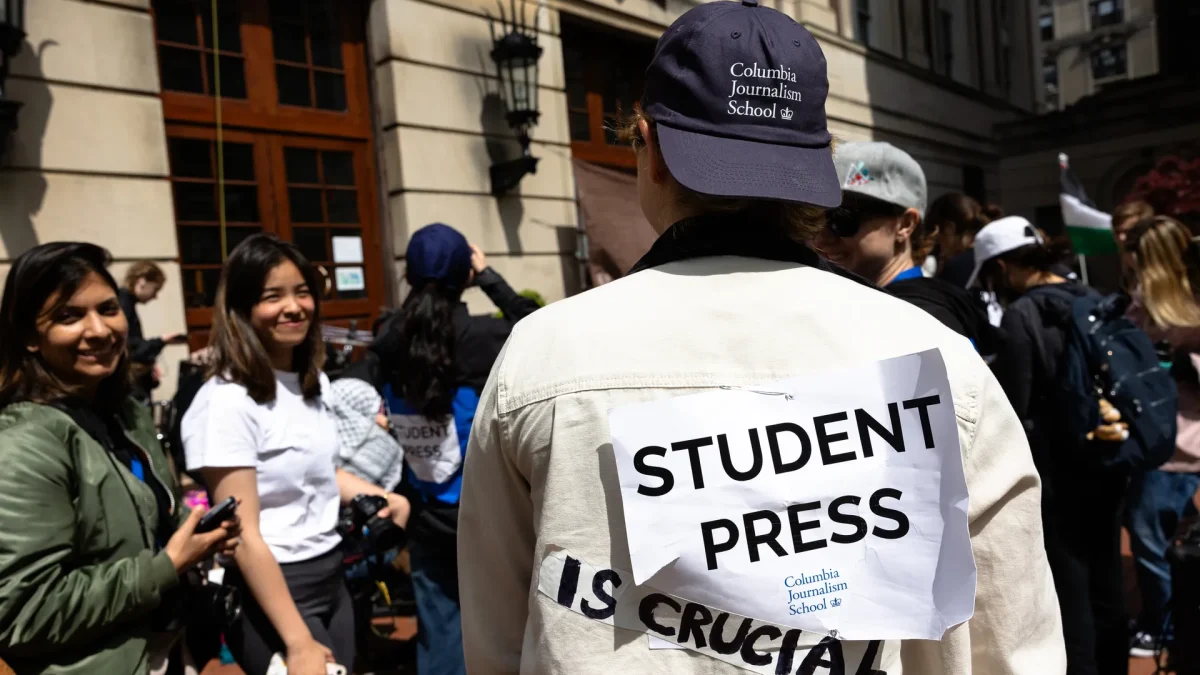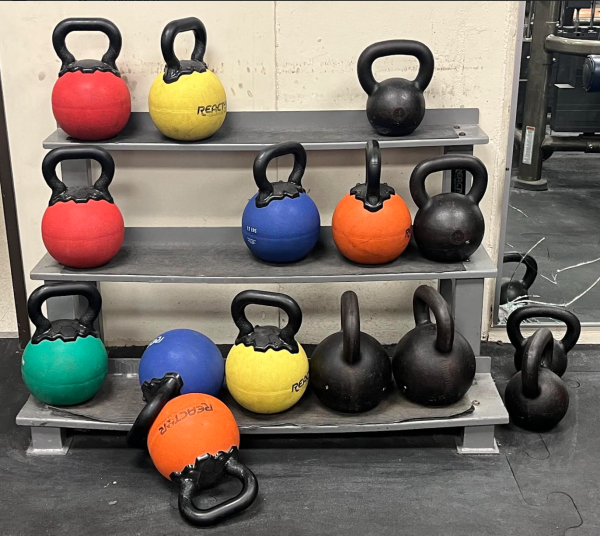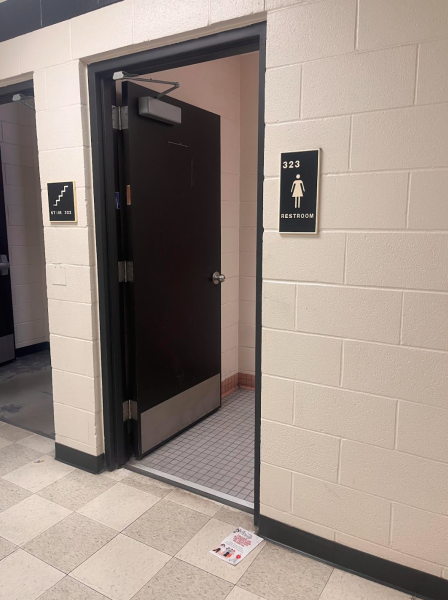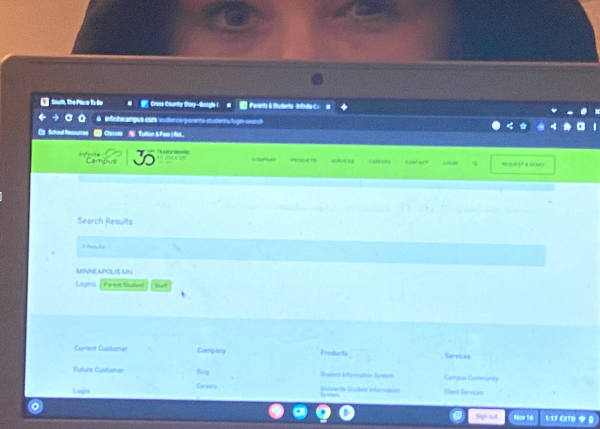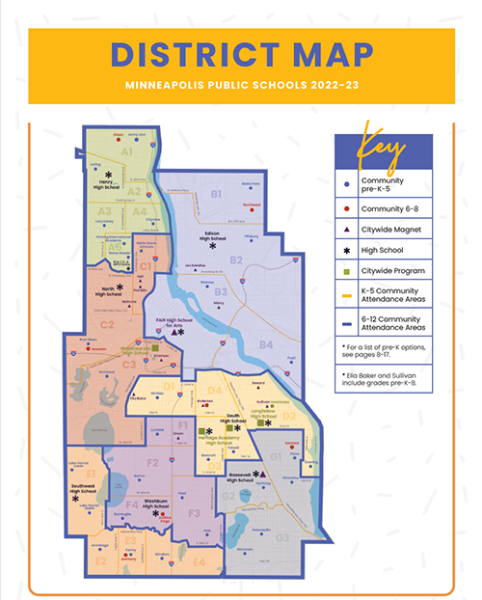A Look Back on Minnesota’s Nurses Strike
In early September, about 15, 000 Minnesota nurses walked off their jobs in pursuit of better wages and conditions. Now, there is a possibility of another nurses strike, after a Minnesota Nurses Association vote on November 30th.
November 20, 2022
In early September, about 15, 000 Minnesota nurses walked off their jobs in pursuit of better wages and working conditions. This three day strike is believed to be the biggest private-sector nurses’ strike in United States history. Nurses were fed up with conditions, but there was ultimately not a clear victory gained for the Minnesota Nurses Association (MNA) as a result of the strike. This nurse’s strike highlights an increase in labor movements in Minneapolis, as well as tension between workers and their employers both in Minnesota, and the larger labor world.
The possibility of another nurses strike is growing. There is a Minnesota Nurses Association vote on November 30th on whether or not to authorize another strike. If that goes through, the strike will begin about 10 days later, likely around December 10th.
Nurses were asking for a 30% wage increase over a course of three years, higher levels of security, and more staff. The average salary for registered nurses in Minnesota is about 84, 000 dollars, just 1% above the national average. Although this varies greatly across the field, and is not emblematic of every nurse’s individual salary. The Twin Cities hospitals stated that there was not enough in the budget to allocate that steep of an increase. Although some hospitals did offer a smaller wage increase. Allina Health, a not-for-profit health care system, offered a 12% increase to nurses. There was no clear deal struck across the board. Another nurses’ strike advocating for a bigger increase in wages and better working conditions may be foreseeable in the future.
Nurses have long been fighting for better conditions. This was the fourth nurses strike in Minnesota in fifteen years. Though it may seem like the progress is insignificant, there is still an appreciation among many for the hard earned progress made thus far. Kate Madson, a registered nurse at Abbott Northwestern as well as a South High alumni, stated that she was satisfied with the progress made, even though not everything requested was gained. She stated, “People underestimate the power we have on higher-ups. People forget we are great in number.”
Minnesota Nurses Association members have continued to negotiate with hospital executives in decisions on conditions and wages after the strike.
Students and teachers alike have both noticed an increase in the Minneapolis labor movement. Robert Panning-Miller is one among others, a freshman social studies teacher, who was MFT president for two years, and participated in the most recent teacher strike. He is currently on the executive board for the union.
Panning-Miller believes there are many strong parallels between nurses and teachers unionizing. “People are not just fighting for wages, they are fighting for conditions, and to be able to do their job better … Nurses and teachers work with people, and being able to do that better is kind of a key part of the demands,” he stated.
The pandemic has had a disastrous effect on the state of labor within Minnesota, as well as the world. Essential workers, specifically healthcare workers, have had to work extra hours, and many were deterred from their profession, due to how physically and mentally exhausting it can be. A report released in August by the American Association of Critical-Care Nurses reported that only 40% of nurses were satisfied with their career.
Labor strikes have long been a way to achieve better wages, and working conditions. The struggle between workers and executives is not an unfamiliar issue throughout history. Although the many recent Minneapolis workers that have participated in strikes are increasingly frustrated with their conditions, and how hard it is to change these inequitable systems.
Nurses’ and teachers’ strikes both have found it hard to negotiate with administrators and executives. Both professions are more stereotypically female driven, and some believe that that plays a factor in the difficulty in negotiating. Women may have to plead an unnecessary amount for a living wage. “(It should be) okay for Nurses to ask for a raise. We deserve it; we work hard, and have the qualifications,” said Madson.

